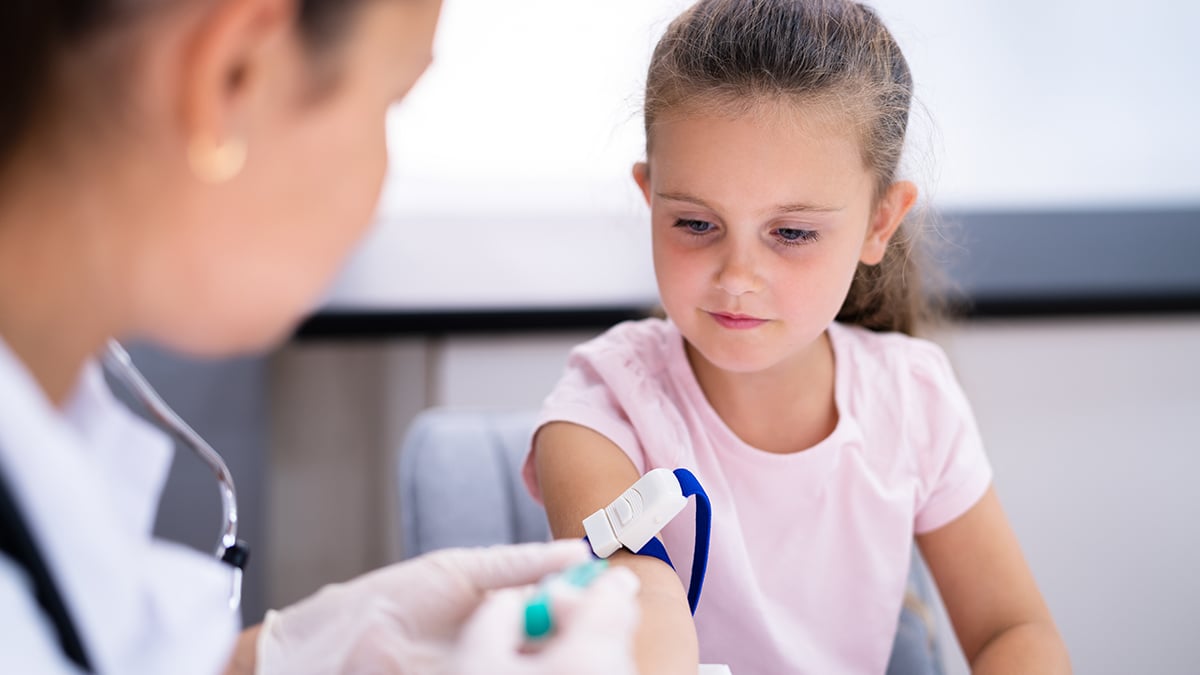
Some of the most effective public policies for suicide prevention aren’t crafted with suicide or mental health in mind, a new study says. Efforts to increase the minimum wage, prohibit gender discrimination, or reduce alcohol consumption “have spillover benefits in that they also prevent suicides,” lead researcher Jonathan Purtle, an associate professor of public health… read on > read on >






























